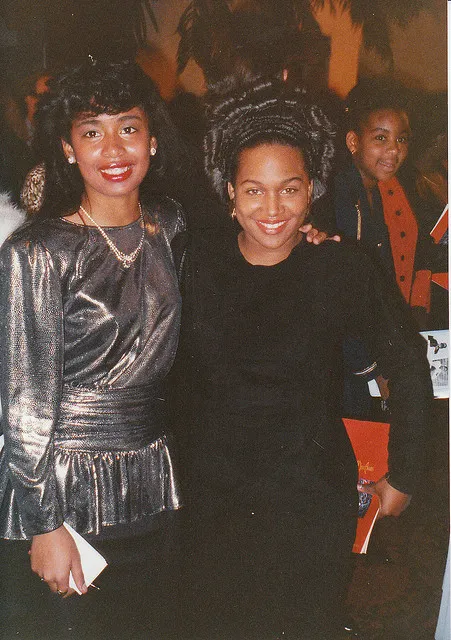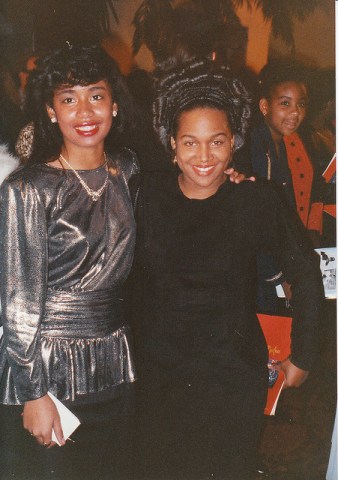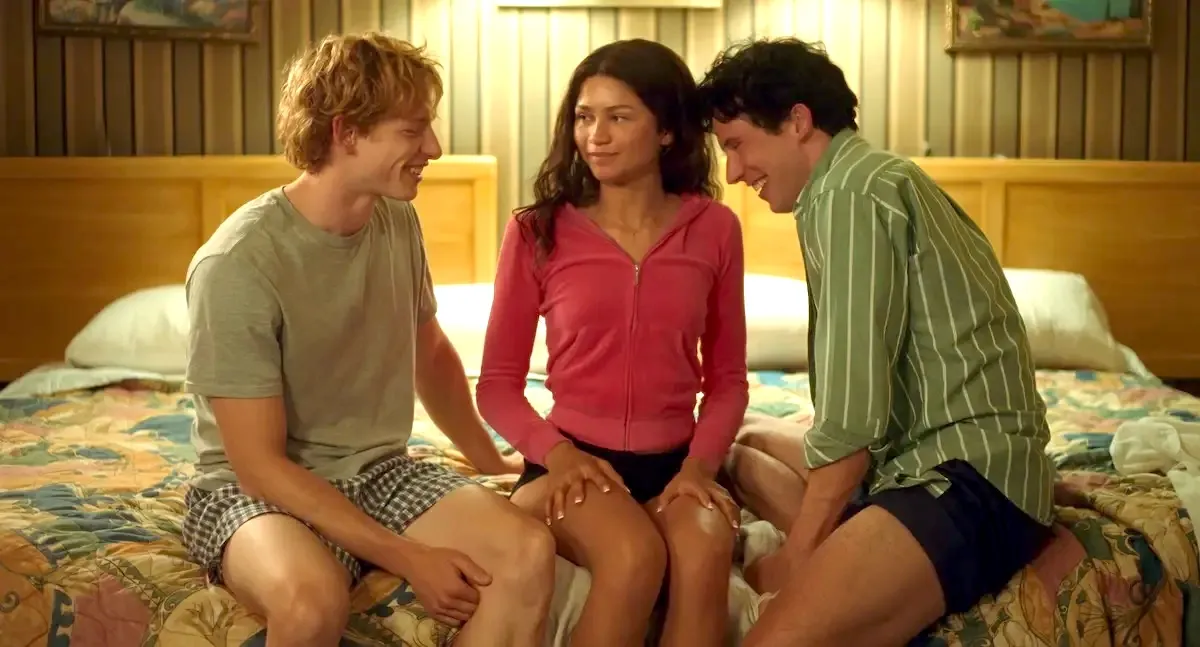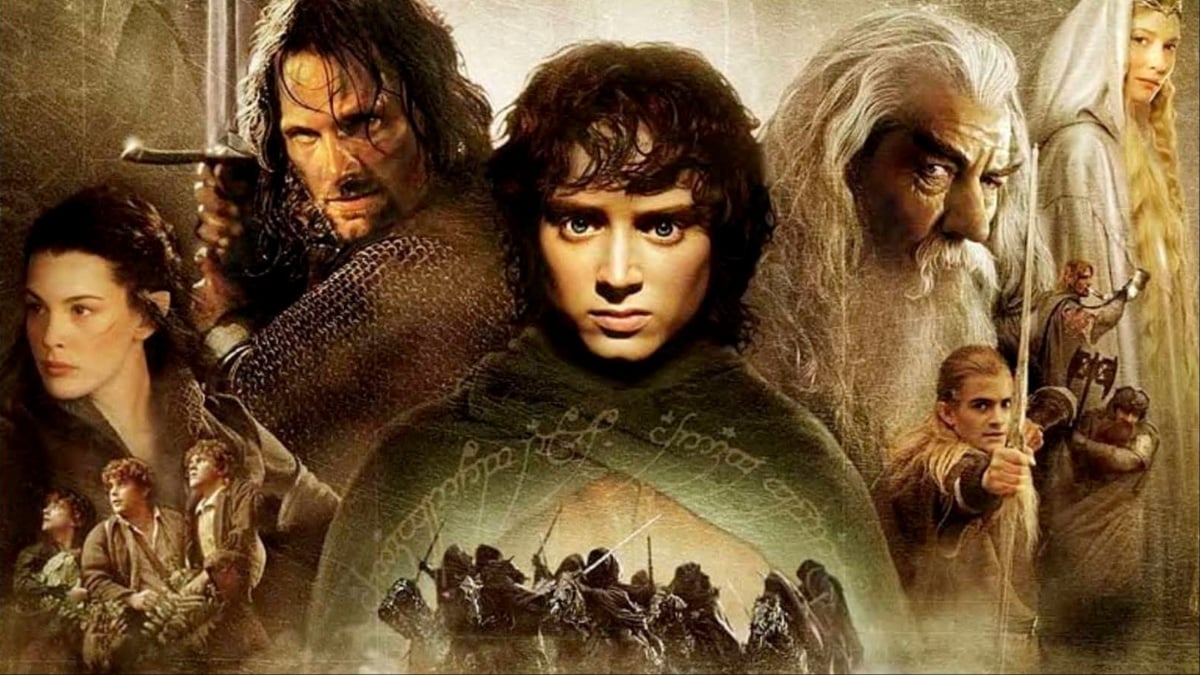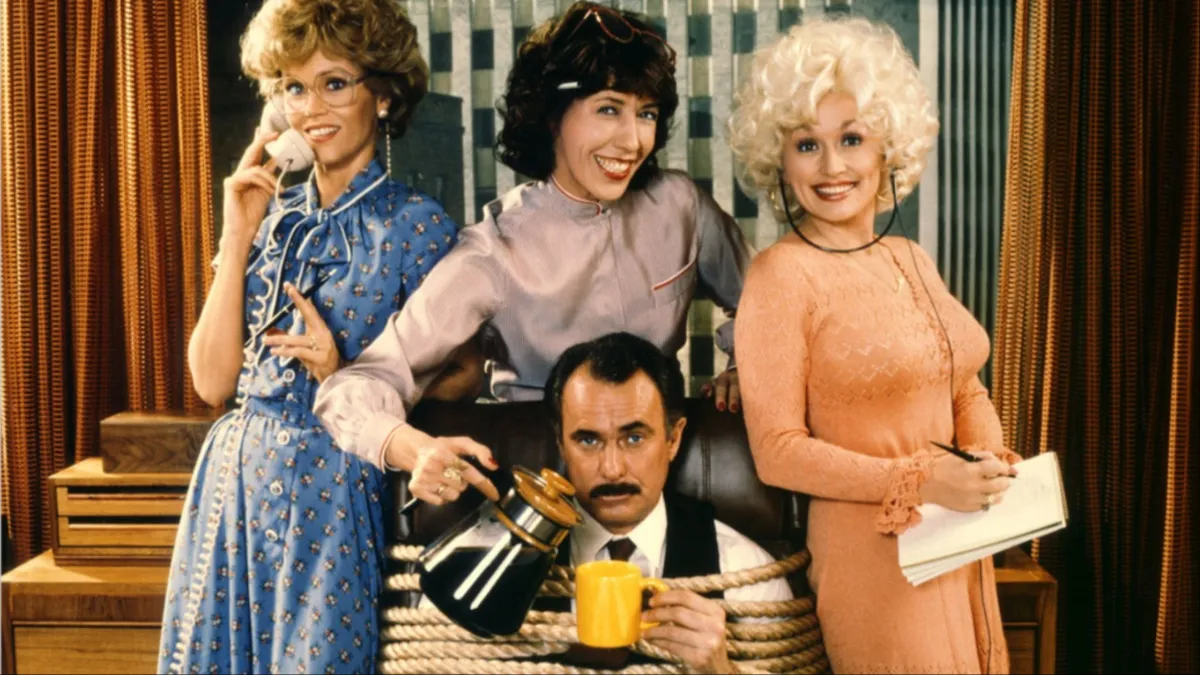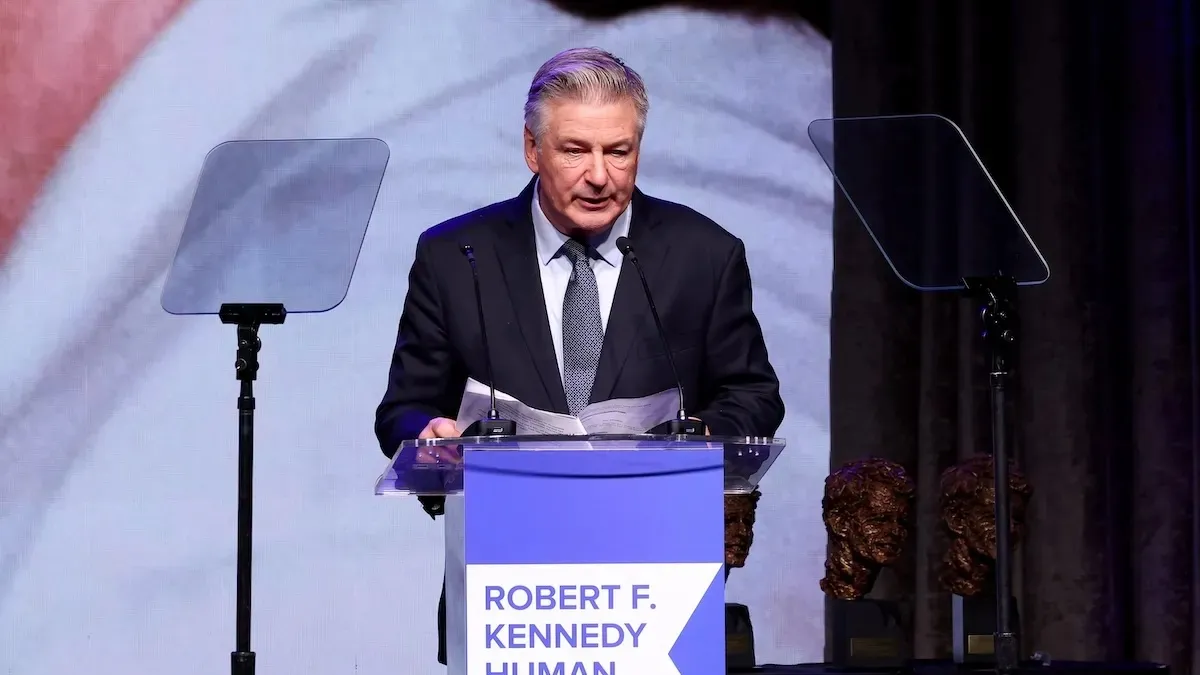We all enjoy problematic things. Sometimes, we don’t even realize that the thing we love is problematic until someone else points it out, because the problems with it don’t affect us personally. And yes, it is possible to like something, while simultaneously recognizing that there are things it could’ve done better, or that there are ways in which it harms an already maligned group. In the case of Straight Out of Compton, even people who love the film (like Selma director, Ava DuVernay), acknowledge that there’s something being left out that is extremely important for us to remember.
What’s interesting is that Straight Outta Compton already tells the story of a marginalized group at a point during which they were fighting against institutionalized oppression both in the streets and with music. However, as we all know (or should know) intersectionality is really important. As black men were fighting for their lives in the streets and protesting via their art, as is depicted in the film, black women were doing double-duty dodging violence at the hands of both white police officers and black men. And that’s a side of things that the film doesn’t touch. I guess no one wants the legacies of hip-hop pioneers like N.W.A. complicated by things like too much truth.
I’m not saying “boycott Straight Outta Compton,” nor am I saying “don’t buy any more music by any of the members of N.W.A.” I’m saying listen to what these women have to say. I’m saying remember that this happened, because it’s in remembering that patterns emerge, harmful behaviors are recognized, and changes can begin to be made. I’m saying discuss this with people, because it’s difficult for horrible behavior to survive or continue with a spotlight on it. Thankfully, the women involved in the aforementioned violence have recently come out to tell their own stories, and it’s important that we all pay attention.
Dr. Dre is a pioneer in hip-hop. Yay! He also not only beat his ex-fiancee, but also beat a female reporter because he didn’t like a piece she did on N.W.A. Boo. Not only are these incidents not depicted in Straight Outta Compton (there are any number of reasons why they wouldn’t or shouldn’t be), but they’re also not given so much as a passing mention. The ex-fiancee in question, Michel’le, an early 1990’s R&B singer in her own right, recently spoke about her exclusion from the film (which she hasn’t seen) in an interview on Vlad TV:
It’s heartbreaking to watch the line she walks in this video. She seems hopeless. After all, history is written by the victors, and the victors in this case are Dr. Dre and Ice Cube who’ve risen to a level of power where they get to executive produce a story about their group while omitting whatever details they see fit. At the same time, she’s very matter-of-fact and straightforward about what happened. Even as she explains the rationalization of her not being mentioned in the film, she gives the interviewer a look like “I should’ve been.”
Listen. Remember. Discuss.
Meanwhile, former rapper and TV personality, Dee Barnes, agreed to see Straight Outta Compton and tell her story and give her impressions of the film to Gawker. She recalls her incident with Dr. Dre, connecting it to current violence against black women at the hands of men:
[I]n 1991—I would experience something similar, only this time I was on my back and the knee was in my chest. That knee did not belong to a police officer, but Andre Young, the producer/rapper who goes by Dr. Dre. When I saw the footage of California Highway Patrol officer Daniel Andrew straddling and viciously punching Marlene Pinnock in broad daylight on the side of a busy freeway last year, I cringed. That must have been how it looked as Dr. Dre straddled me and beat me mercilessly on the floor of the women’s restroom at the Po Na Na Souk nightclub in 1991.
Barnes then explains that, while she’s glad that her experience wasn’t shown on-screen, she felt betrayed by the film not even mentioning the incident:
That event isn’t depicted in Straight Outta Compton, but I don’t think it should have been, either. The truth is too ugly for a general audience. I didn’t want to see a depiction of me getting beat up, just like I didn’t want to see a depiction of Dre beating up Michel’le, his one-time girlfriend who recently summed up their relationship this way: “I was just a quiet girlfriend who got beat on and told to sit down and shut up.”
But what should have been addressed is that it occurred. When I was sitting there in the theater, and the movie’s timeline skipped by my attack without a glance, I was like, “Uhhh, what happened?” Like many of the women that knew and worked with N.W.A., I found myself a casualty of Straight Outta Compton’s revisionist history.
Yes, it is possible for members of one marginalized group to erase or mistreat members of another: Ronda Rousey’s initial statements about Fallon Fox and Stonewall‘s erasure of trans people and people of color are both examples of this. Straight Outta Compton tells the story of black men fighting the power at the expense of the black women who were there.
Listen. Remember. Discuss.
(via The Hollywood Reporter; Image via Alan Light on Flickr)
—Please make note of The Mary Sue’s general comment policy.—
Do you follow The Mary Sue on Twitter, Facebook, Tumblr, Pinterest, & Google +?



